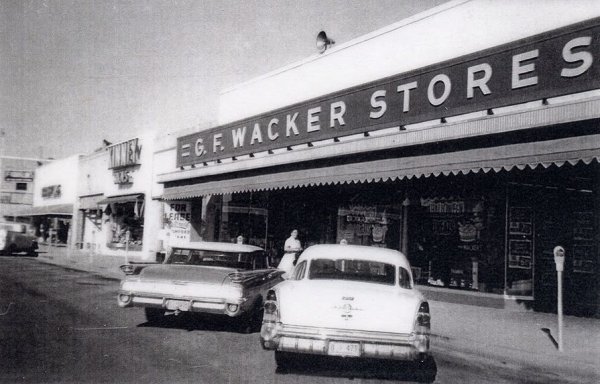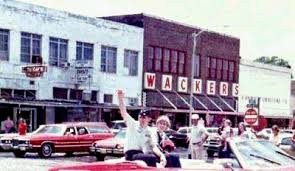As I’ve noted before, when I was a youngster I lived practically downtown, because that was where the (relatively) low-cost housing was. Now I live in the suburbs, because that’s where the (relatively) low-cost housing is.
The trend — the gentrification (and whiteification) of inner-city neighborhoods and the increasing “diversity” of the ’burbs — was well along before the recession of ’08 onward; it was in my world, anyway.
Yeah - gentrification in my lifetime was in every decade since the 1960's. Areas come in and out of fashion, change character and sometimes revert to earlier times.




